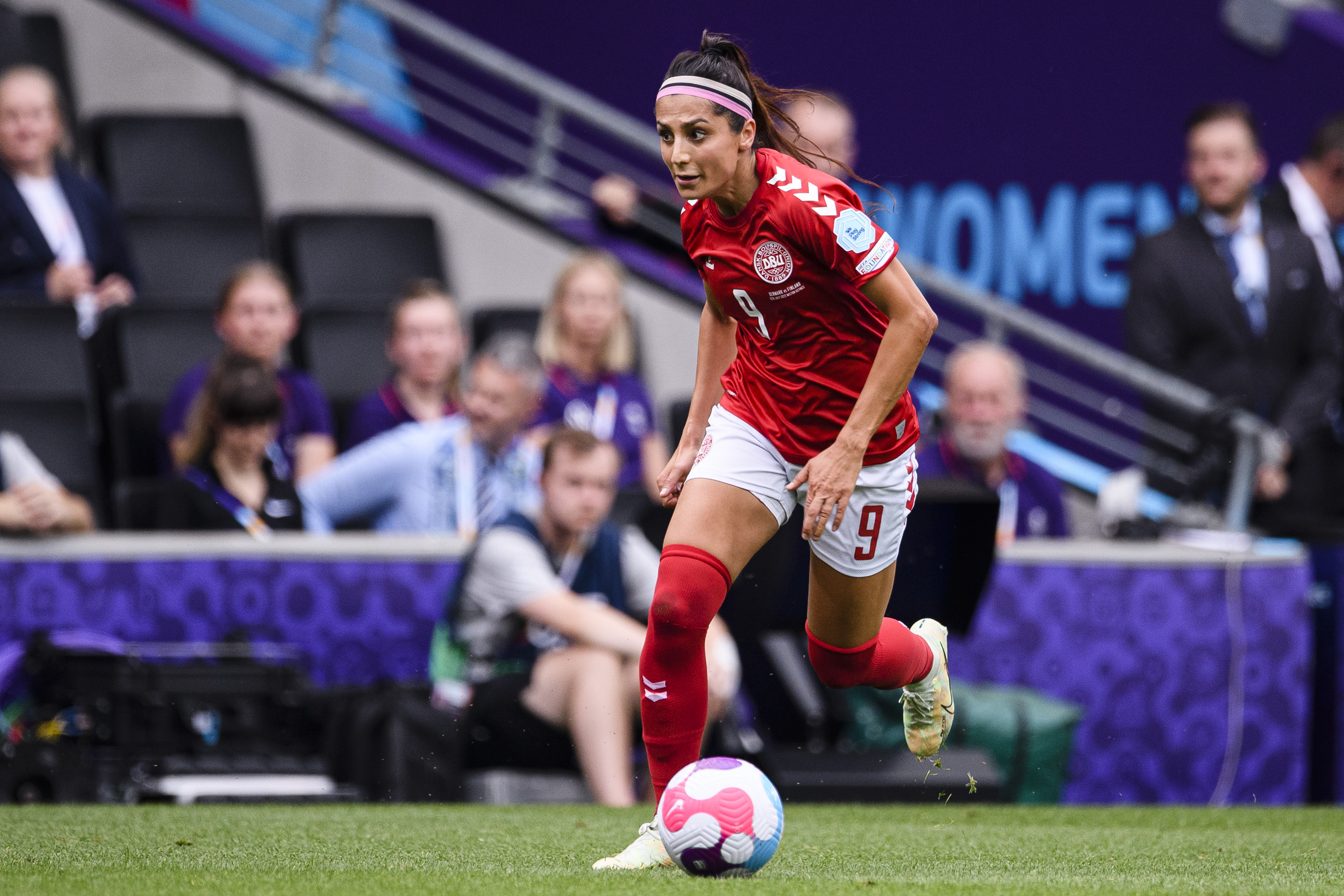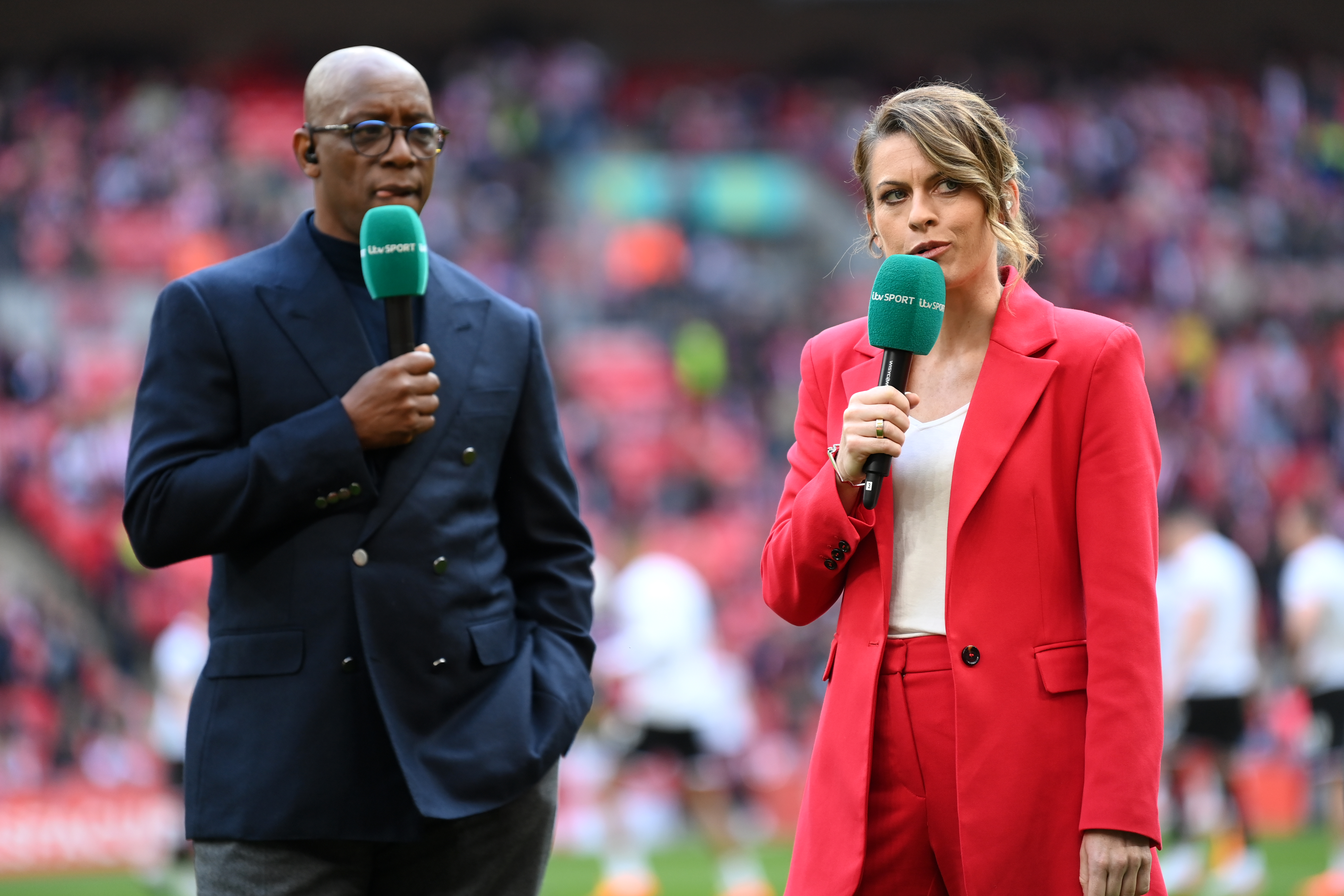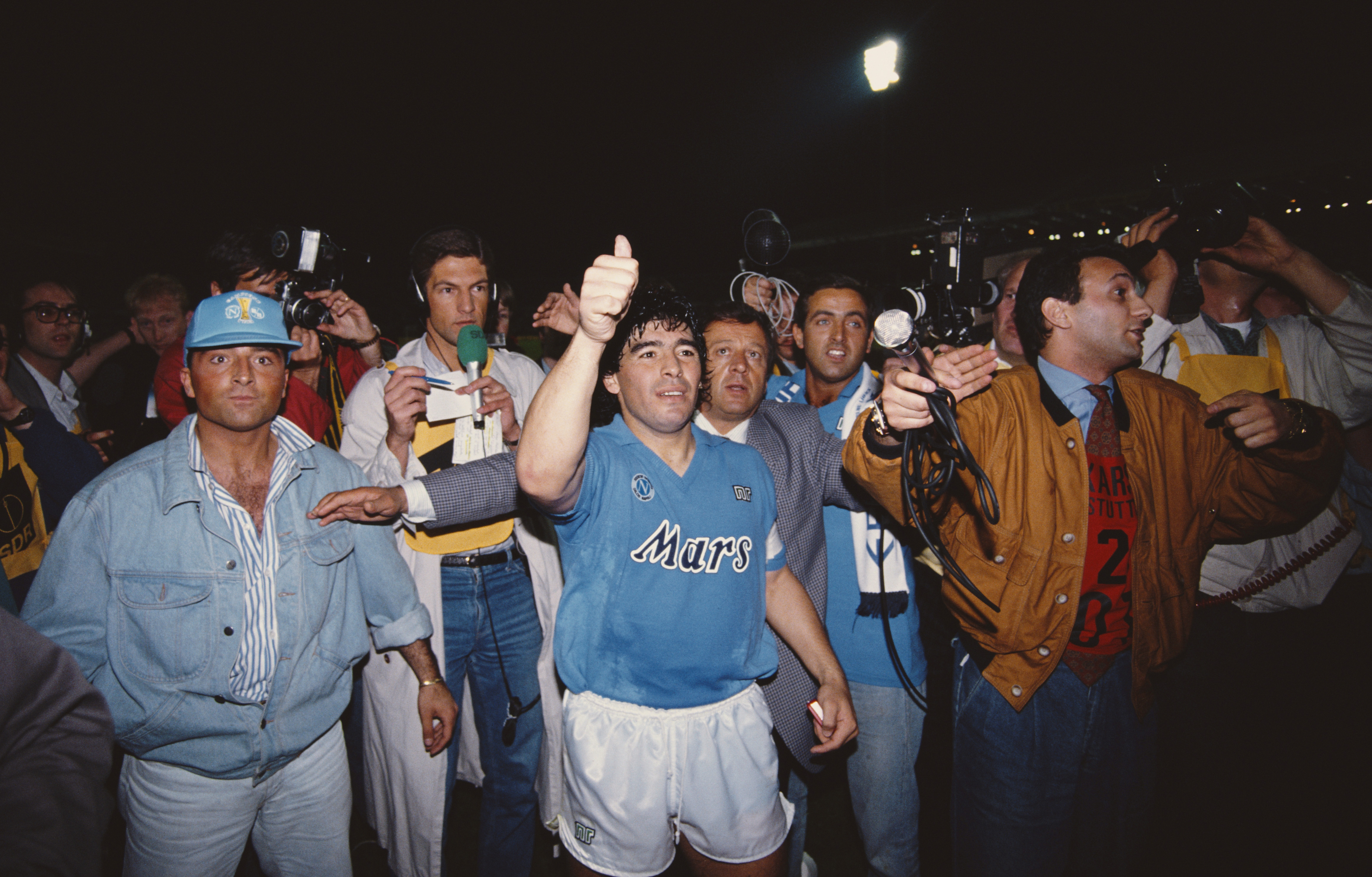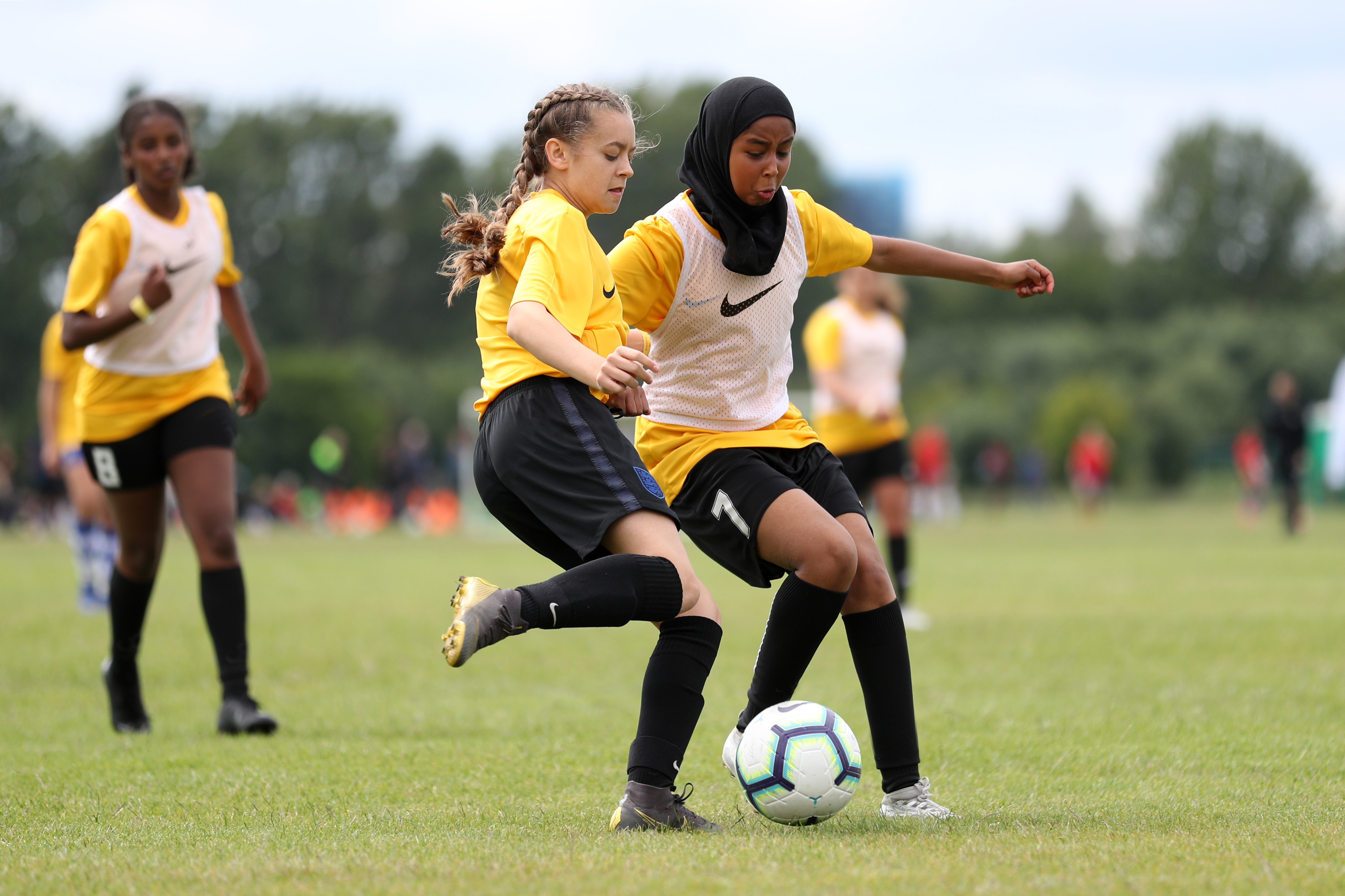
Who does football belong to? It’s a vexed question, particularly in this era of clubs as pawns in geopolitical debate and Old Trafford gradually rusting, hoping a friendly billionaire will save the day.
But we all instinctively know the answer. Jock Stein put it best years ago: ‘Football without fans is nothing.’ And then we learned it the hard way in . When – of course – registered the first goal on football’s return, it sounded like it had been scored in a non-league friendly, one being unorthodoxly held in a pool.
Football’s importance to the world has been proven time and time again. Nothing can really detract from the beauty of watching 20-year-old Micah Hamilton score so classily on senior debut in the .
And the reality is, people don’t want to be distracted from revelling in their favourite form of entertainment, because it is so good. Why do we have to think of the seamy underbelly when the fun is right there for the taking?
Another quotation to give us a further clue about who football belongs to is often attributed to Sir Alex Ferguson. No player is bigger than the club. Claudio Ranieri, when Napoli coach, said it about Maradona, despite the fact many Napoli fans then may not have agreed: ‘No one – not even Diego – is bigger than the club.’

What this tells us is that football doesn’t belong to the best players, those who’ve paid money to ‘own’ the club or even those in charge. They are custodians of an idea. But those who thirst for the beauty of the game, whoever they are, whatever role they play, whether in football or out: it’s our game.
Here we’re thinking of elite football, and the joy it brings to billions. Football as a sport has prospered because it can be played by nearly anyone.
Luis Suarez learned to play without boots, Carlos Tevez has spoken of dribbling around syringes and broken glass in his impoverished Buenos Aires neighbourhood, Nadia Nadim escaped the Taliban to become an international for her adopted nation of Denmark.

All you need is a bit of space, a few mates and something solid that can be kicked, and which will – ideally – roll. The game belongs to the three-year-old Little Kickers you passed in the park just now just as much as it does to you with your season ticket, and that trial you once had at Charlton.
It’s a crucial thing in life to make spaces where you can feel at home. Knowing you’ll have the same conversations with the same neighbours at the same time most weekends is important. You could almost say it’s what football is for.
It is a religion, with the trappings of traditional religion too. Many football clubs even do the work of religious institutions today: working with the homeless, running volunteering programmes, or just offering a friendly ear.
And sometimes, at a pub, or in the stadium or even in a TV studio, someone might sit down next to you and look a bit different to what you’re used to.

He or she might offer a new way of looking at things that makes you feel… unsettled. He or she might even say something you find downright naive about their double pivot.
And that’s okay. Because if you love something, there’s a chance other people do too – for different reasons to yours. And if you’re curious and open and unafraid they might just make you see that thing you’ve been looking at for years in a whole new light.




















